The scope of this research group includes:
The Power Electronics and Energy Systems research group is dedicated to carrying out research in several key areas such as Innovative electrical drivers, Renewable energy and grid integration, EV battery chargers, Micro grid.
Research in the field of electrical engineering is rapidly evolving, driven by the need for sustainable and efficient energy solutions. One key area of focus is the development of innovative electrical drivers, which are essential for enhancing the performance and efficiency of various electrical systems. These drivers play a crucial role in optimizing the operation of renewable energy sources and integrating them seamlessly into the power grid.
Renewable energy and grid integration is another critical research domain, aiming to ensure that renewable sources like solar and wind can be reliably incorporated into existing power grids. This involves addressing challenges related to variability, storage, and distribution to maintain grid stability and efficiency.
EV battery chargers are also a significant area of research, focusing on developing fast, efficient, and reliable charging solutions for electric vehicles. This is vital for the widespread adoption of EVs and reducing dependence on fossil fuels.
The concept of microgrids is gaining attention, offering localized energy solutions that enhance resilience and sustainability. Microgrids can operate independently or in conjunction with the main grid, providing a flexible and reliable energy supply, especially in remote or underserved areas.
grids
Areas: Power Electronics and Energy Systems




Areas: Wireless sensor networks, Vision based tracking, Assistive Robots



Thermal Engineering Research unit deal weight thermal energy storage and utilization effectively. Further research on use of renewable energy for local engineering application. Heat and mass transfer studies are carried out on simulation basis to implement innovative heating and cooling technologies and their application engineering processes involve heat transfer.
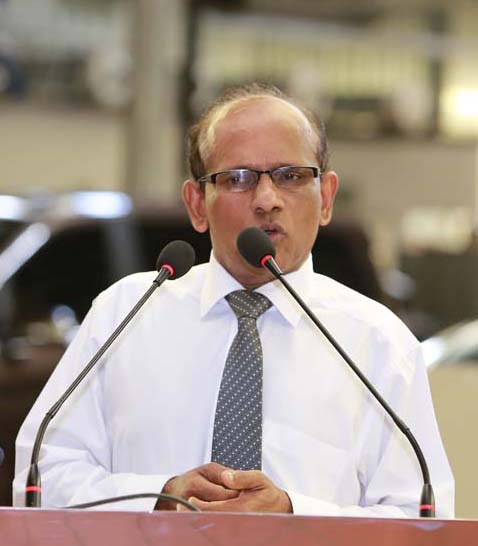
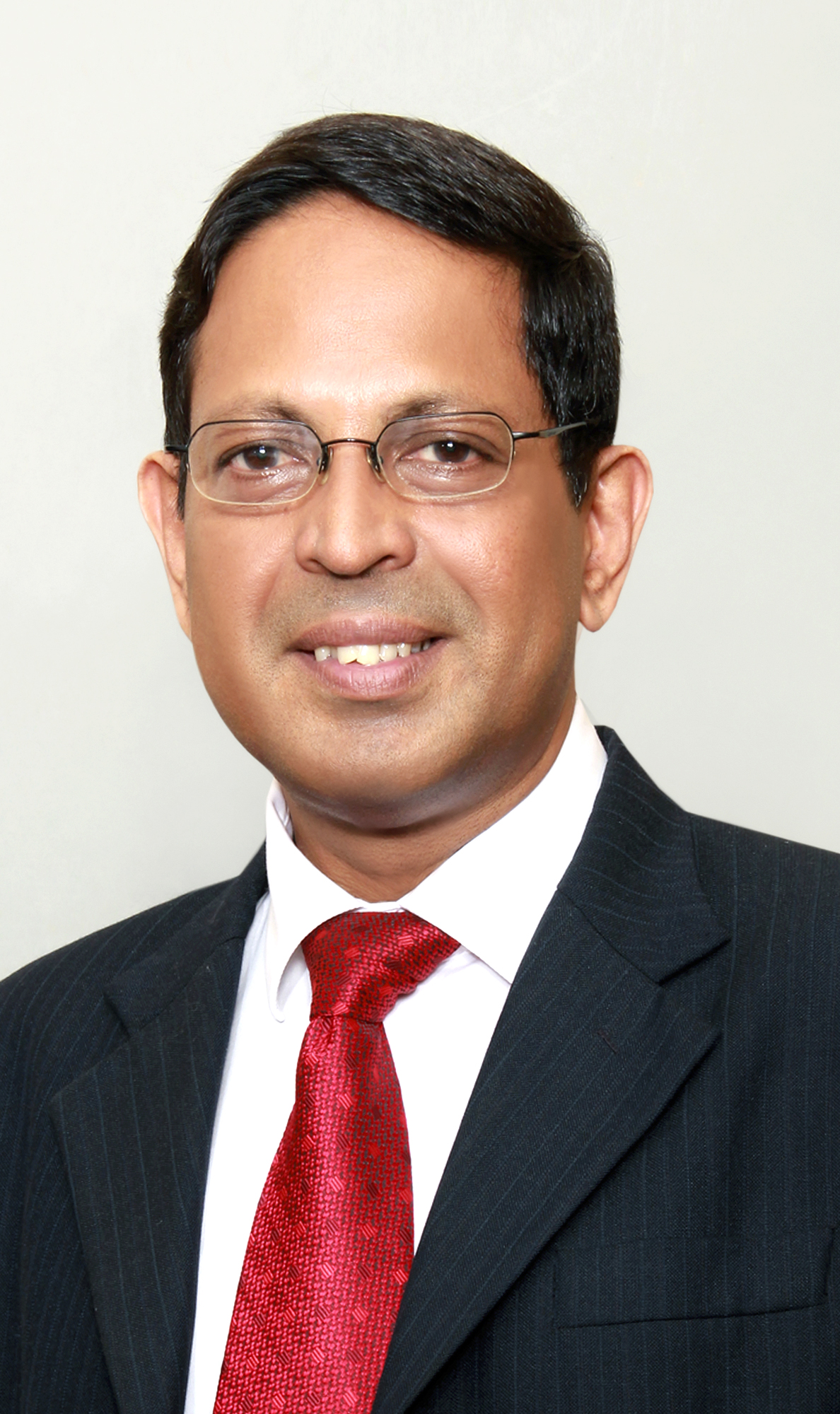
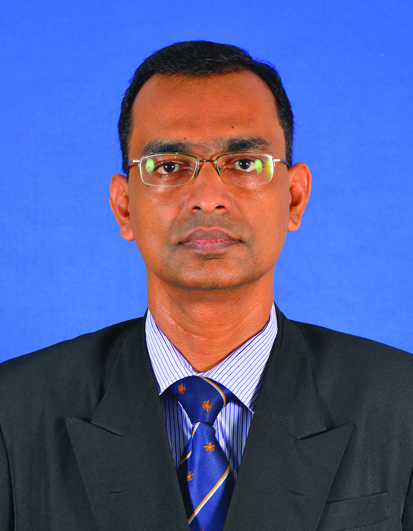

Areas: Automation and Control Systems
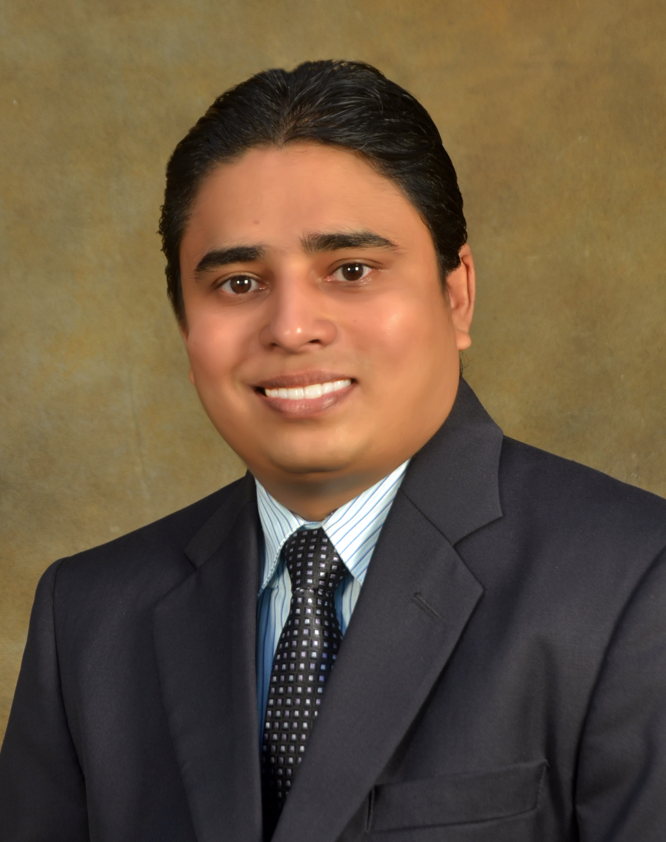
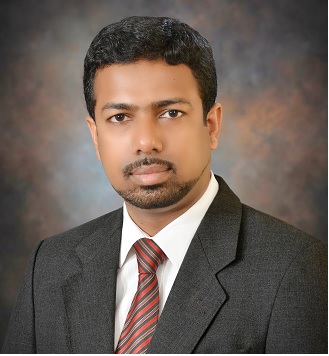
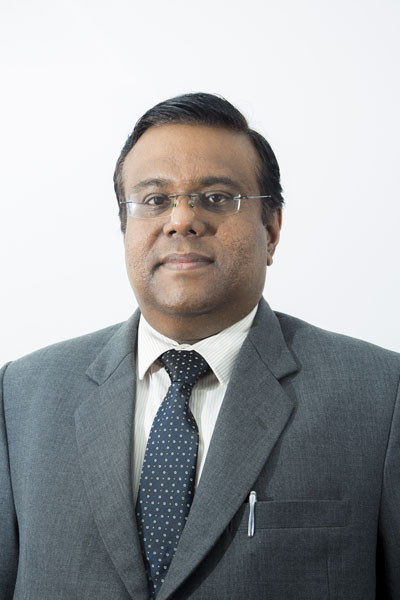
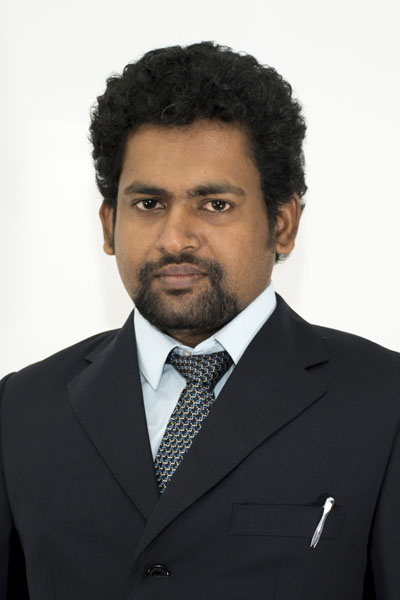
Ground improvements/Ground investigations Secondary consolidation of organic soils Design of rock socketed piles/Rectification of piles
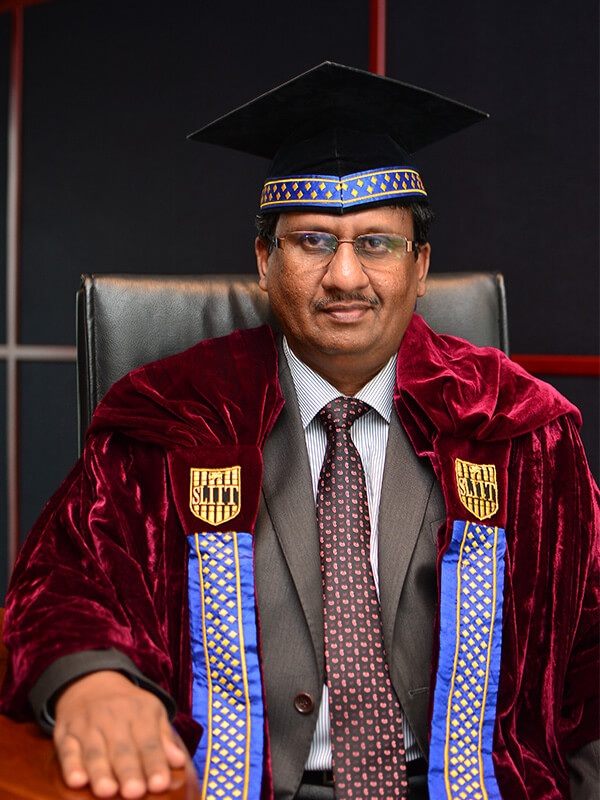
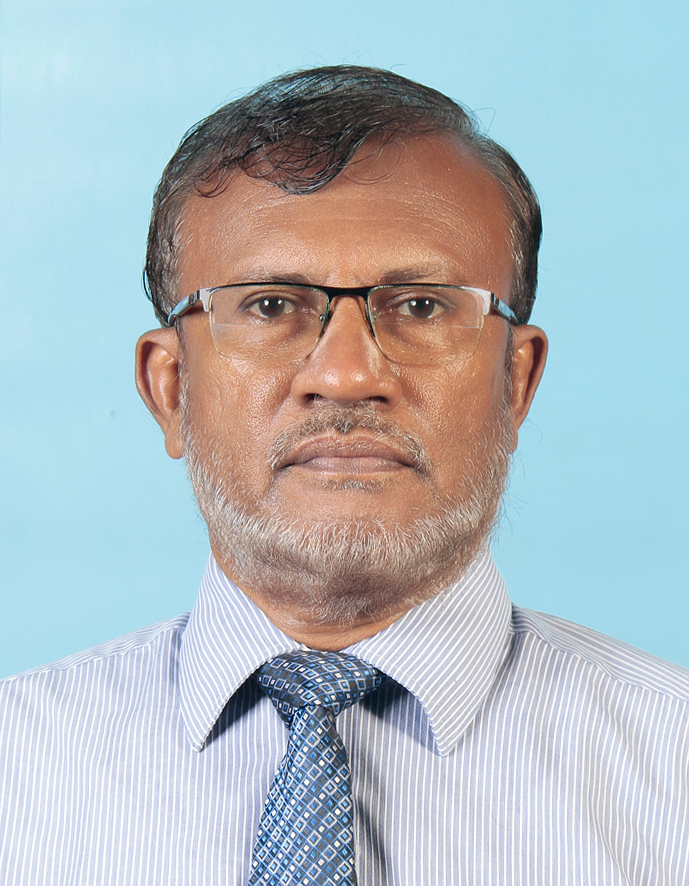

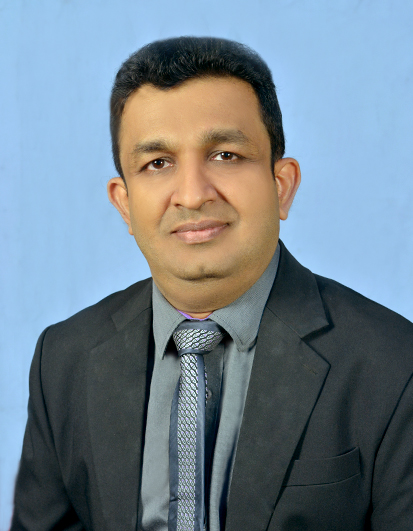


The transportation engineering research group is a multidisciplinary research unit that investigates sustainable and safe mobility covering land, water, and air transportation. Current research focuses on intelligent transportation systems which provide innovative services for road users enabling more coordinated, safer, and 'smarter' use of transport networks.
Possible mitigating options for traffic congestion in the urban road network and asset management systems focusing road rehabilitation and maintenance works are being studied
Areas: Modeling and simulation of Transportation systems, Traffic Engineering, Pavement materials and structural design, Traffic safety, Human Factors, Infrastructure engineering, Urban engineering

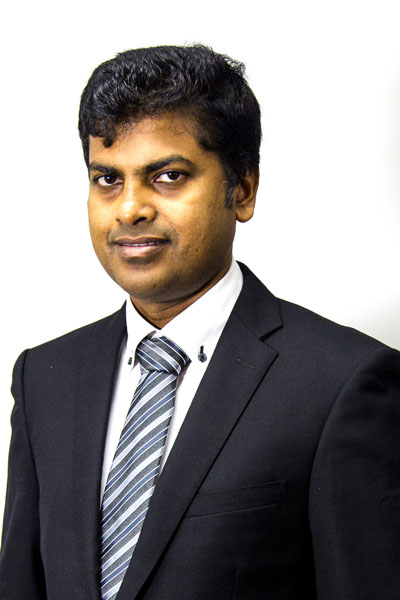



Areas: -

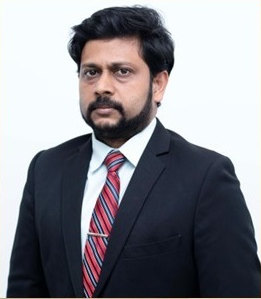

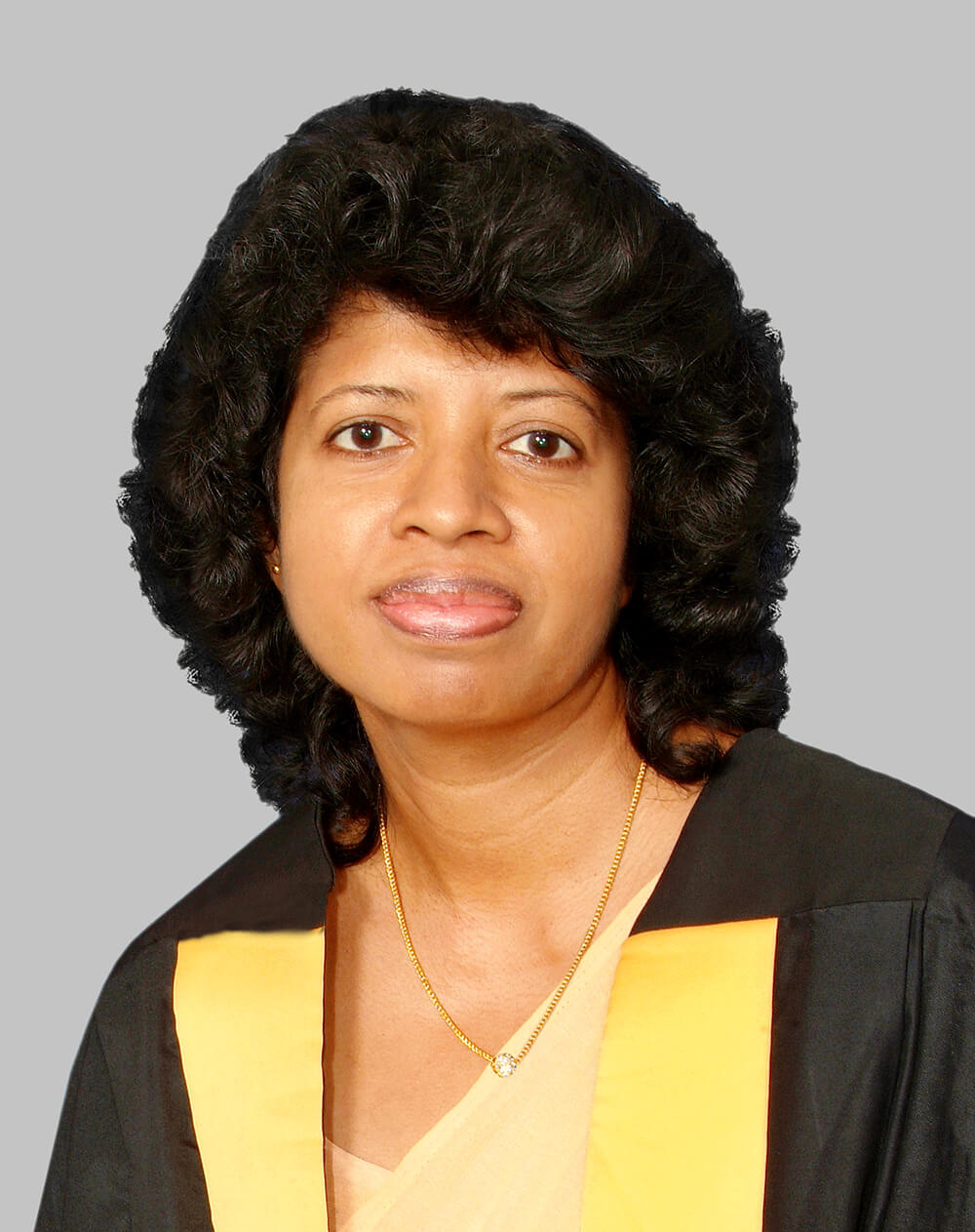
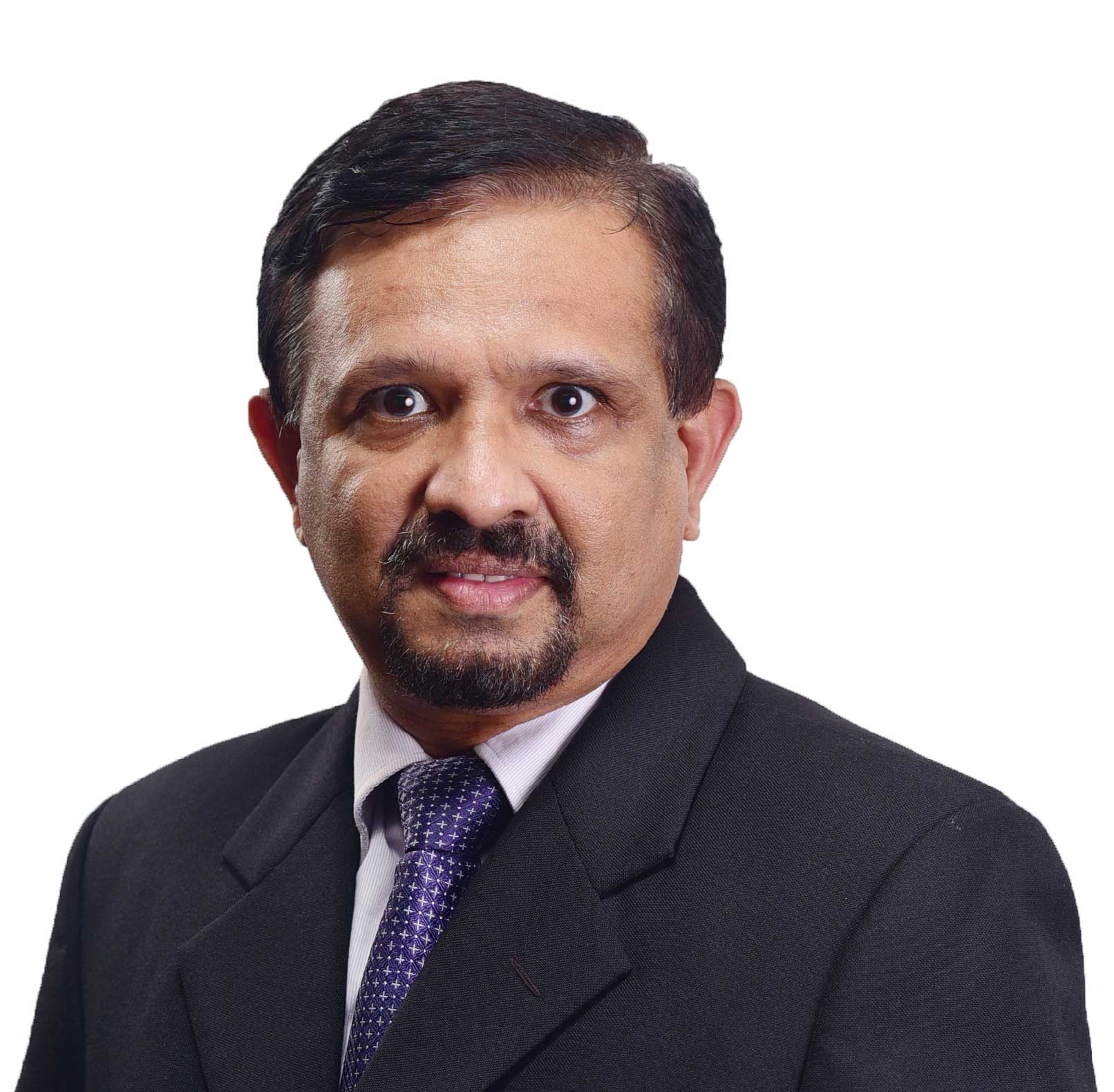


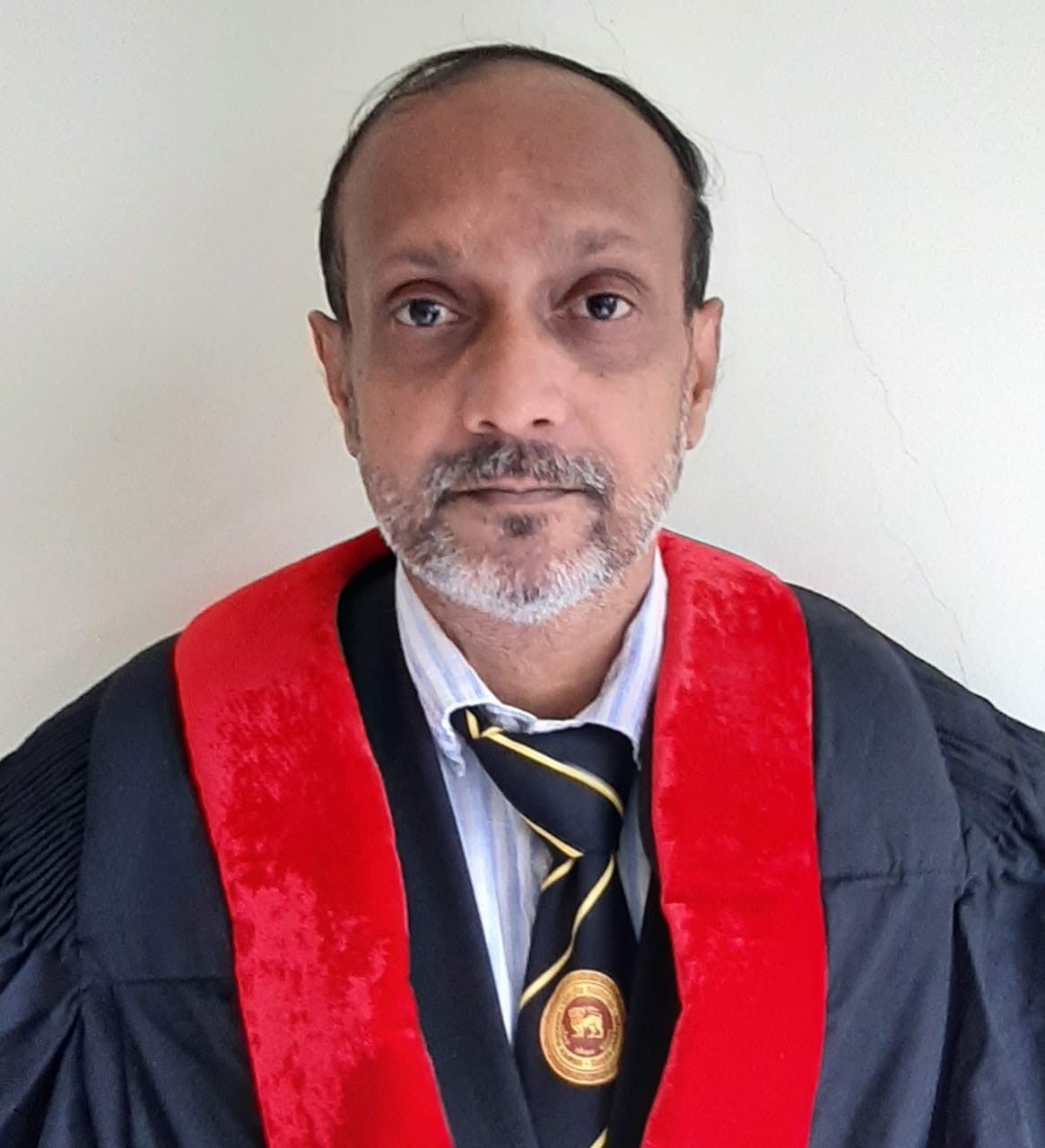


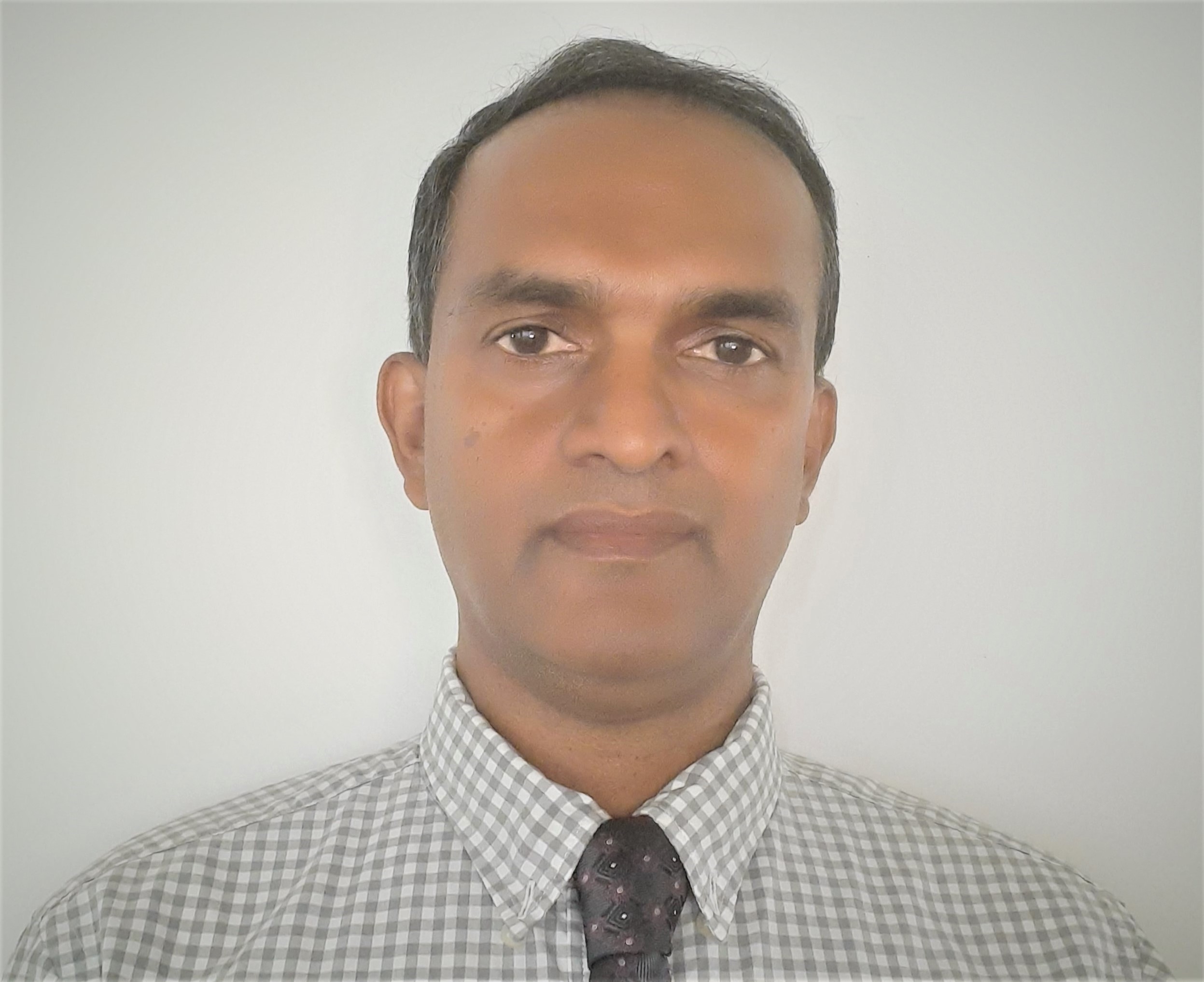

Hydraulics and ecohydrology of rivers (including ephemeral streams) and Environmental pollution assessment and mitigation are the key domains in this group. Study areas cover all types of land uses: pristine, rural to urban. This group has collaborations with the Institute of Mountain Hazards and Environment - Chinese Academy of Sciences, Irrigation Department, Sichuan University, and Saitama University.
Areas: Solving real-world problems of lotic and lentic waters and contributing to the fundamental understanding of lotic and lentic waters and their interaction with land/catchment

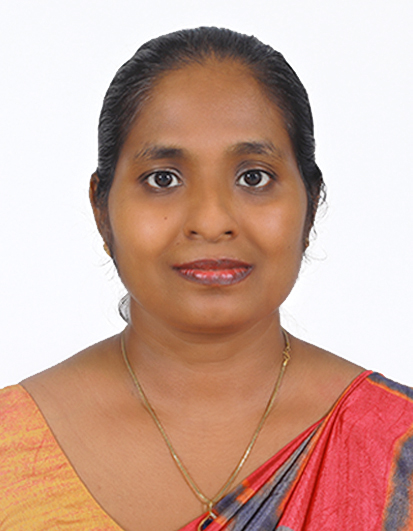



The built environment touches all aspects of our lives, encompassing the buildings we live in, the distribution systems that provide us with water and electricity, and the roads, bridges, and transportation systems we use to get from place to place. Our research group focuses on research areas such as whole building life cycle assessment, Life cycle costing and Life cycle data for construction materials, Green buildings and sustainable building material research, sustainable management of wastewater and solid waste, drinking water treatment, air pollution and control etc.
Areas: Building Life cycle assessment, circular economy in construction, Sustainability assessment of buildings, building materials, machinery, and transportation Wastewater management, Drinking water treatment, solid waste management, air and noise pollution, water sensitive urban design, water pollution mitigation and management

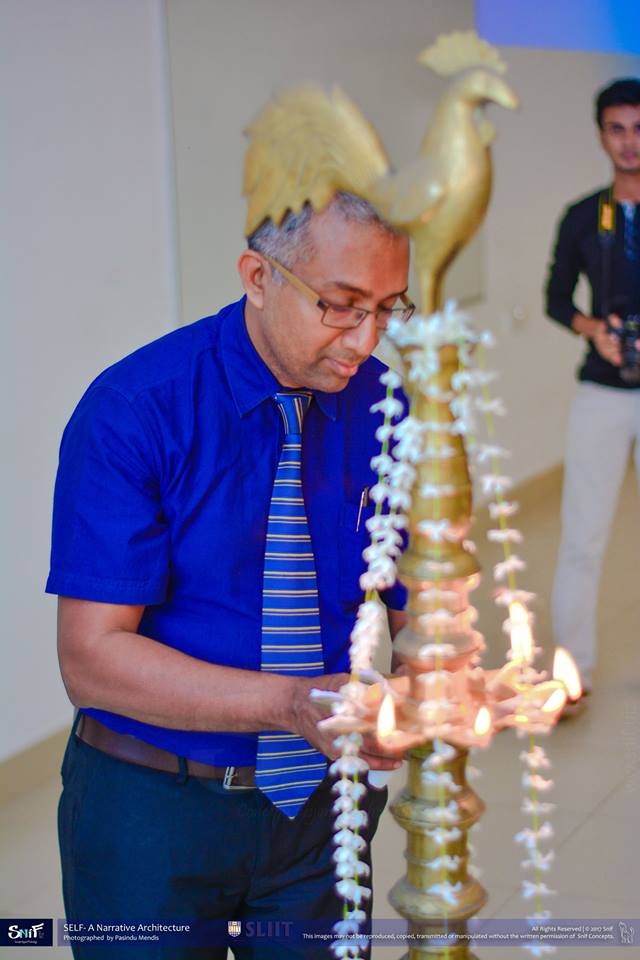



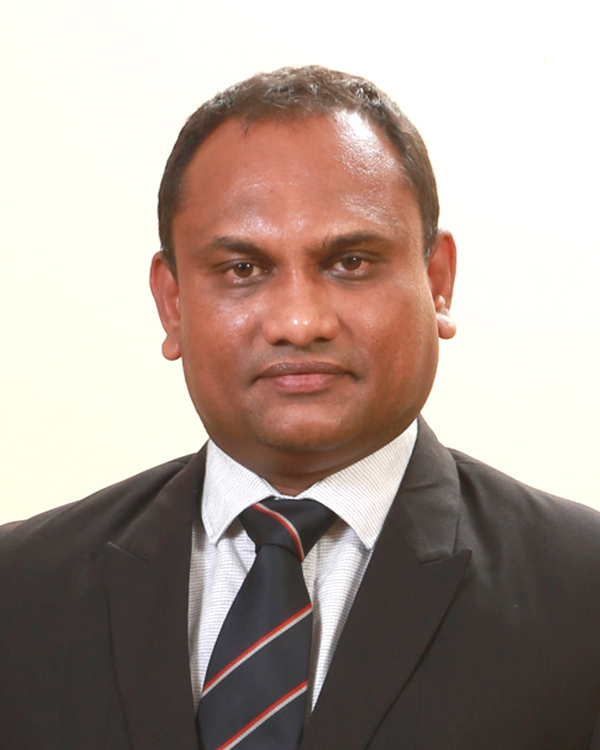



Areas: Concrete Engineering, Structural Engineering, Composite construction, Advanced materials, Sustainable construction materials




The built environment is prevalent for living and working. SIPM is a multi-disciplinary research group looking to identify, articulate and address the challenges faced by the construction industry and built environment. The research group works across various subject areas to identify how we design, deliver, and utilise built environment assets and infrastructure differently, considering challenges that impact both locally and globally. Research group work covers infrastructure, project management, digital transformation, and engineering economics to address wider questions of how we create a resilient infrastructure and built environment in the face of local & global changes. New ideas and approaches require new skills for the construction industry; we work with construction companies to look at new delivery modes and support the development of the professions to meet these new requirements. The research group signifies the convolution of the questions posed for the construction industry and recognises that for research to have an impact, it must be driven by collaboration with all stakeholders to improve the well-being of citizens, ensuring that buildings and infrastructure can meet current and future needs.
Areas: Feasibility of projects, Real estate Economics, Project management, Dispute Resolution and arbitration, Digital Transformation - BIM, Digital Twin
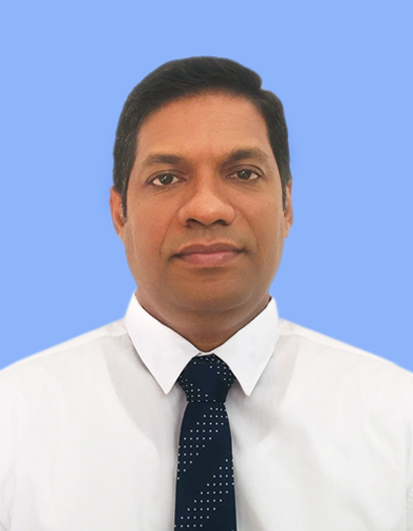



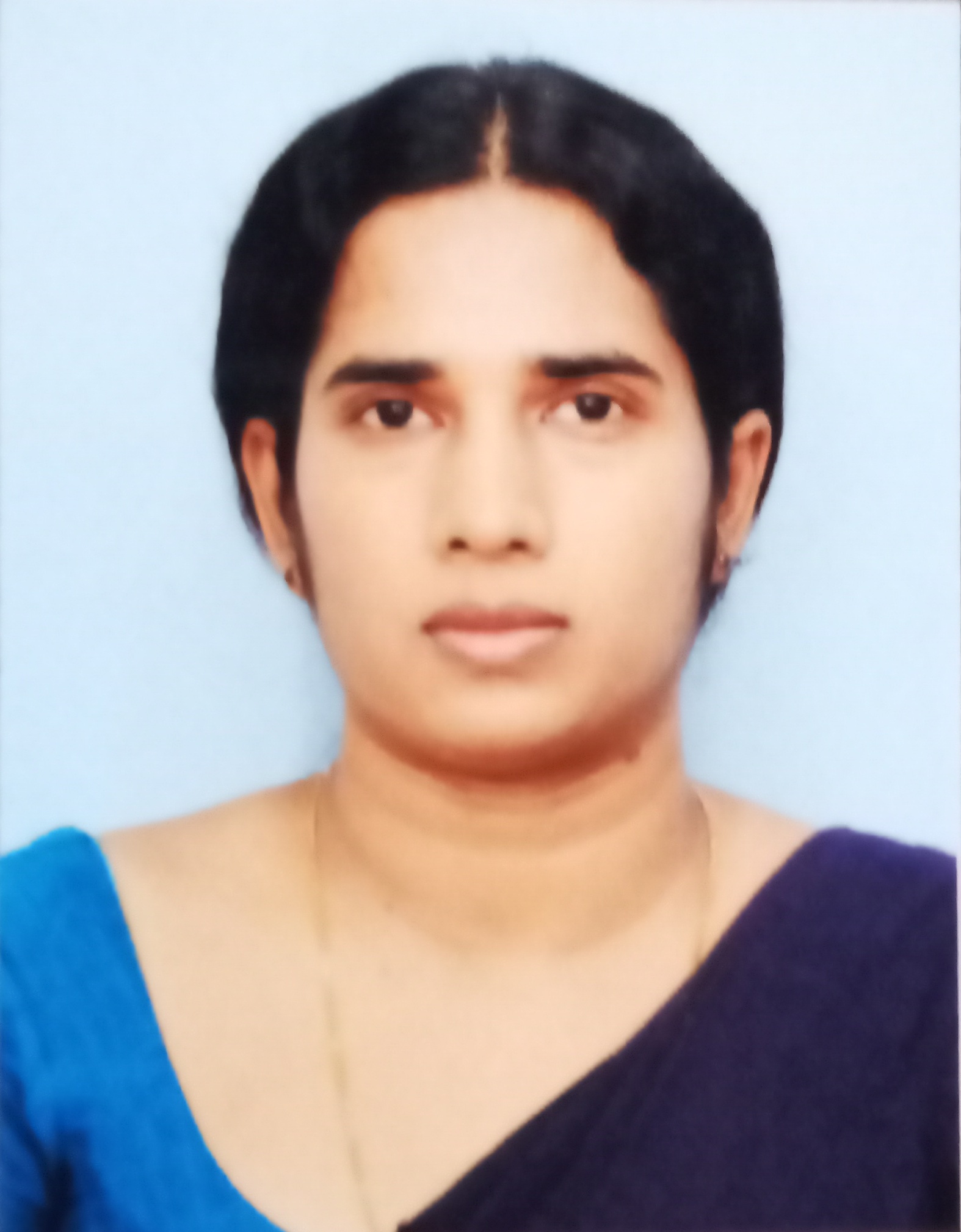



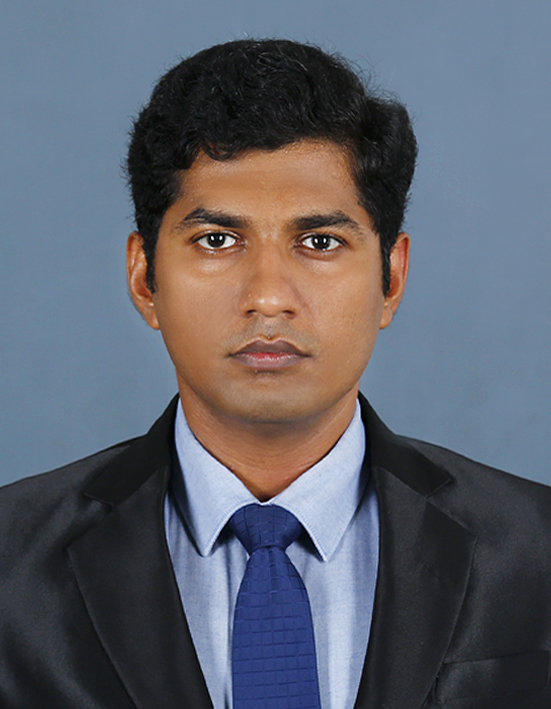




Scope: Biomedical engineering and smart healthcare, Use of bio-signal, image and video processing in forensic investigations, Forensic civil engineering, Engineering for injury investigation (structural and equipment analysis), Incident reconstruction with biomechanical, civil and electronic engineering.






The "Advanced AI Applications in Engineering" research group focuses on integratingcutting-edge artificial intelligence techniques across various engineering fields, including electrical and electronics, telecommunications, civil, mechanical, mechatronics, and biomedical engineering. The group aims to address complex real-world challenges by applying AI to optimize system performance, enhance energy efficiency, and improve automation. Key areas of research include AI-driven system design, signal processing, smart infrastructure, autonomous systems, biomedical diagnostics, and intelligent manufacturing. Through interdisciplinary collaboration, the group seeks to advance AI-driven innovations that contribute to smarter, more resilient, and efficient engineering solutions.










